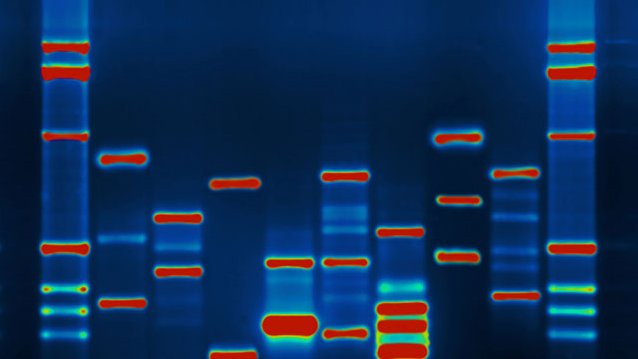Supreme Court blocks patenting of genomic DNA
Ars Technica » Scientific Method 2013-06-13
The US Supreme Court, in a nearly unanimous ruling (Scalia joined the majority, but only in part), has held that a piece of DNA that occurs naturally is not eligible for patenting. This means that any sequences that are normally present in the human genome—or that of any other organism—cannot be the subject of patent infringement.
The case grew out of patents held by Myriad Genetics, a company that has had a monopoly on testing for genetic defects in genes associated with breast and ovarian cancer. The genes in question, BRCA1 and BRCA2, were first isolated by scientists from the University of Utah, who then patented their sequences. The university later transferred the patents to Myriad, which developed further patents to cover more detailed aspects of the testing process.
In its ruling, the Supreme Court notes that the sequences of these genes are naturally present in every human cell—and simply cutting them out of the genome and isolating them from the cell does not change that fact. As a result, no matter how much work and ingenuity it took to first identify the genes, the sequences remain natural products. As such, they are not eligible for patenting.
Read 2 remaining paragraphs | Comments
